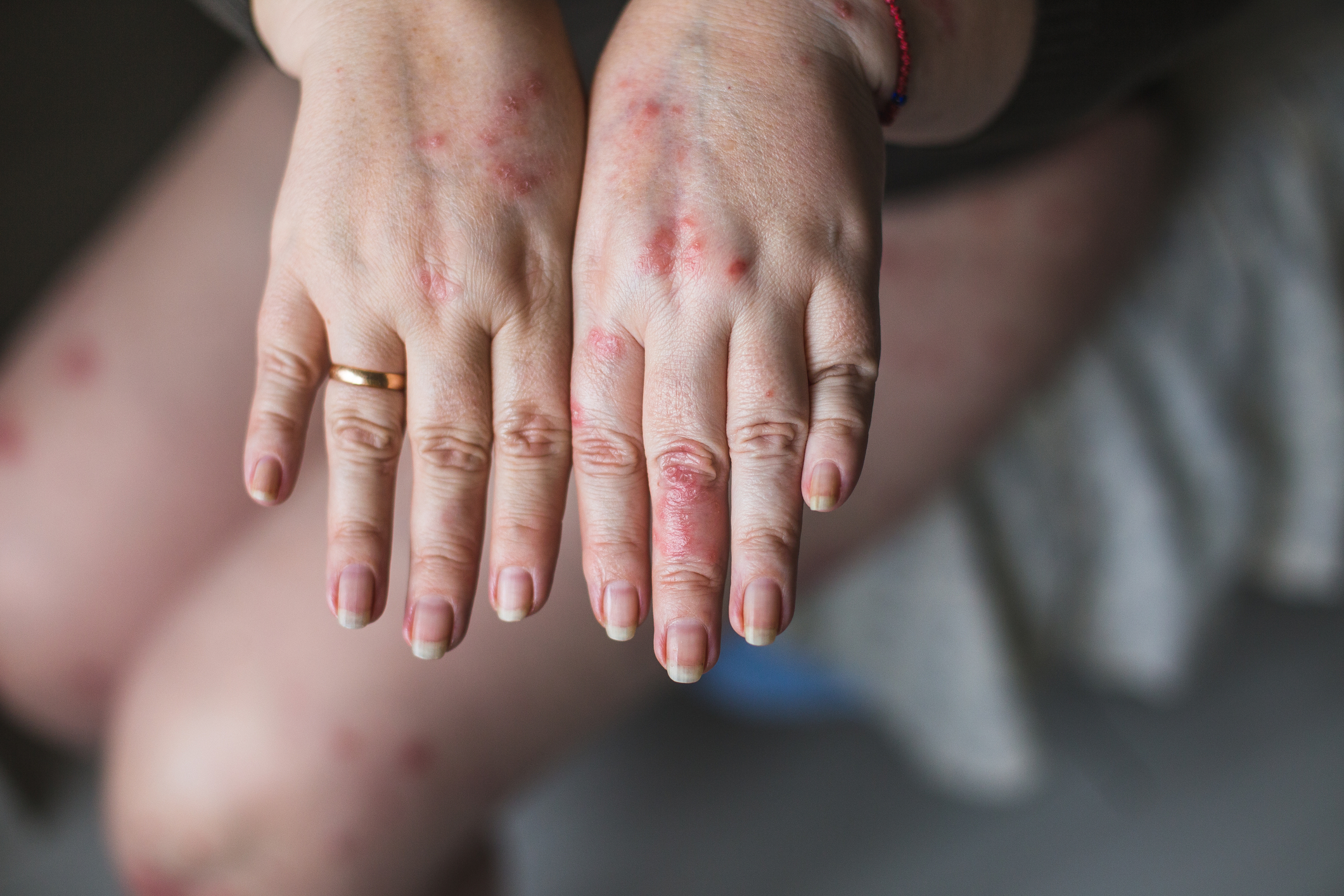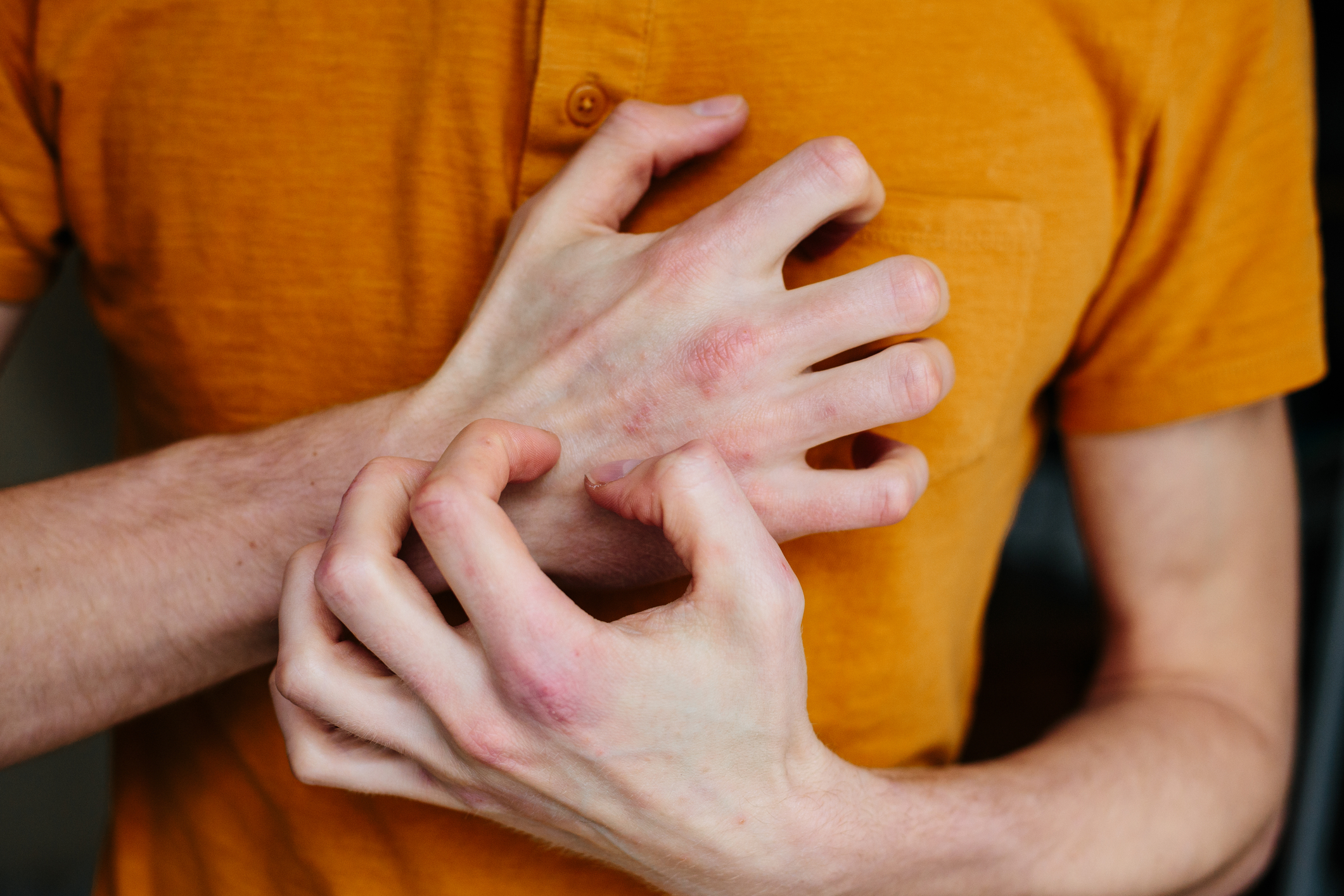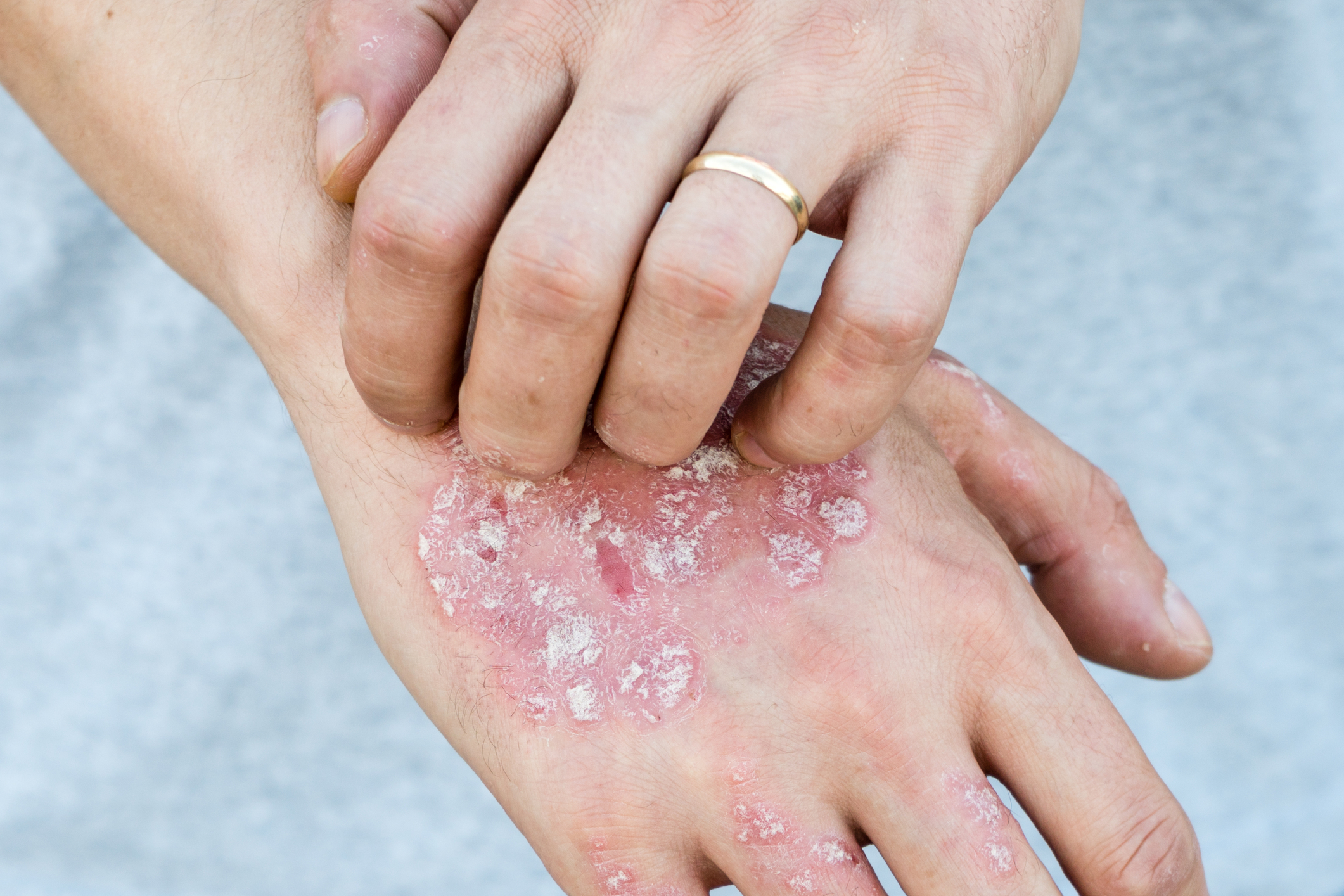Triumphant Triumph over Plaque Psoriasis: Top Three Proven Strategies
As we delve into the battle with plaque psoriasis, one of the primary tools in the arsenal is the use of topical treatments. These include but are not limited to creams, ointments, lotions, gels, and shampoos. Patients apply these directly to their skin, clearing the way for a battleground where these treatments wage war against the disease. While they are not a cure, topical treatments can significantly alleviate symptoms and improve the quality of life.
Corticosteroids, a type of topical treatment used in mild to moderate psoriasis, can reduce inflammation and slow skin cell growth. They help to soothe itching, while also reducing the size of psoriatic plaques. Vitamin D analogues, another popular choice, mimic the effects of Vitamin D, regulating skin cell growth and decreasing inflammation. Both of these, working in tandem, bring a ray of sunshine to an otherwise relentless adversary.
However, the cornerstone of effective topical treatment is consistency. The frequency and regularity of application can be the determining factor between victory and defeat in this war. It is crucial to follow the dermatologist’s explicit instructions to ensure the battle against plaque psoriasis is won.
Embracing the Shield of Systemic Medications

Systemic drugs offer a different battlefield strategy. They are designed for individuals dealing with moderate to severe forms of plaque psoriasis, or those who have not responded adequately to topical treatments. These drugs, which can be taken orally or injected, function by interacting with the immune system, directly targeting the underlying cause of the disease.
One such systemic medication is Methotrexate, a powerful drug that slows the growth of skin cells by directly suppressing the immune system. Biologics have also proven to be a significant asset. They are proteins genetically engineered to interfere with specific components of the immune response.
Implicit to the success of systemic medications is the concept of balance. These treatments are strong and potent. However, they come with their share of side effects and risks. Regular check-ups and laboratory tests will ensure that the benefits outweigh the potential harms.
Drawing Strength from Phototherapy

Phototherapy - the usage of ultraviolet light B (UVB) - creates its own warfront in the battle against plaque psoriasis. This treatment involves exposing the skin to an artificial UVB light source for a set amount of time, on a regular schedule. As a proven strategy, it works by slowing the growth of affected skin cells.
Narrowband UVB therapy is the most common form of phototherapy for treating psoriasis. It emits the part of the ultraviolet light spectrum band that is most helpful for psoriasis. Regular sessions can greatly help in reducing plaque formation.
Phototherapy may not be the first line of treatment but often plays a vital role in comprehensive psoriasis management. It's most effective when used in combination with other treatments, creating a multifaceted attack strategy against plaque psoriasis.
Harnessing Lifestyle Adaptations and Holistic Approaches

In the fight against plaque psoriasis, sometimes the weapons are not just medicines or treatments but lifestyle changes that can dramatically shift the scales of the war. Diet, exercise, and stress management have shown significant potential in keeping psoriasis symptoms under control.
Studies suggest that maintaining a healthy weight can improve psoriasis and might even increase the effectiveness of various treatments. Regular exercise, a balanced diet rich in anti-inflammatory foods and Omega-3 fatty acids are keys to this strategy.
Additionally, stress - one of the common triggers of psoriasis flares - can be kept in check with techniques, such as meditation, yoga and deep-breathing exercises. These holistic methods not only support physical health but are also crucial for mental wellbeing, fostering resilience in the battle against plaque psoriasis.
